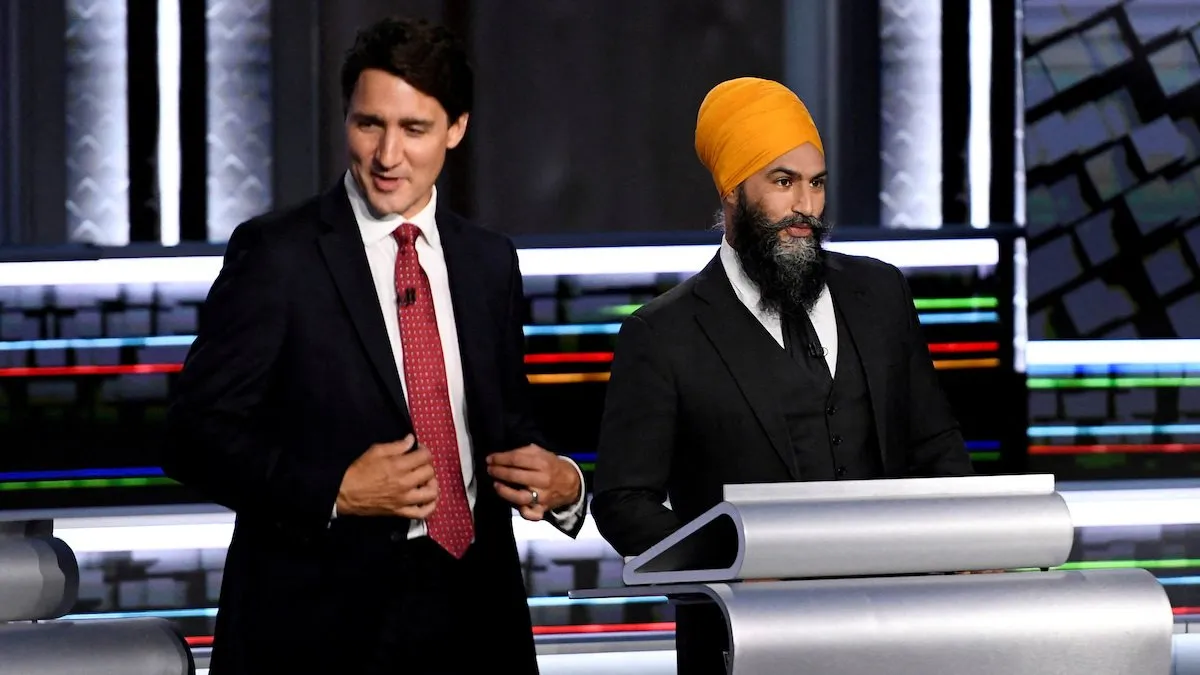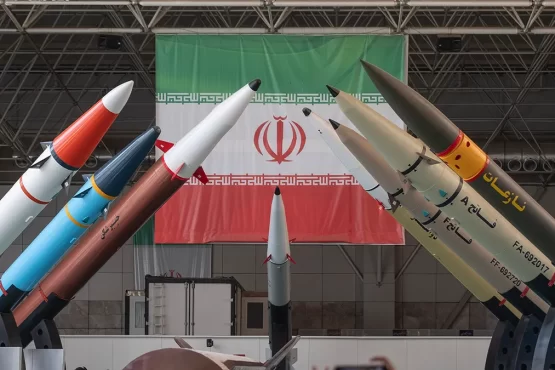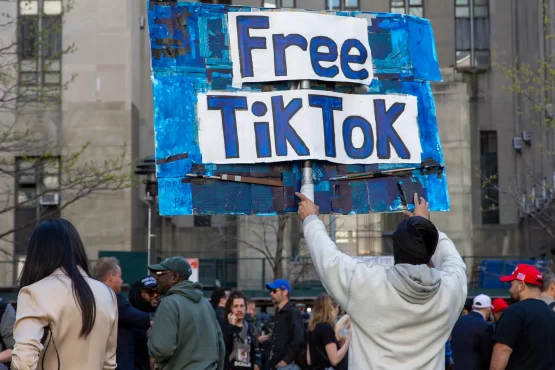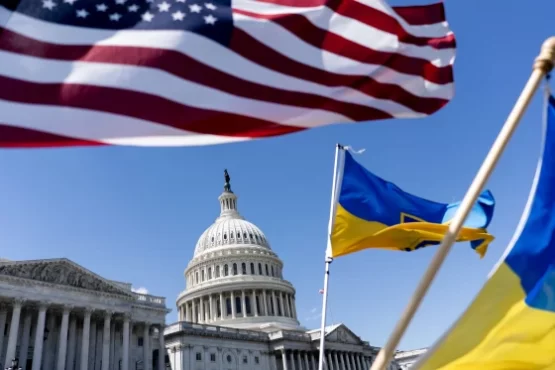The possibility of an early Canadian election has increased following the New Democratic Party’s (NDP) decision to withdraw its unconditional support for Prime Minister Justin Trudeau’s minority Liberal government, NDP leader Jagmeet Singh announced on Thursday.
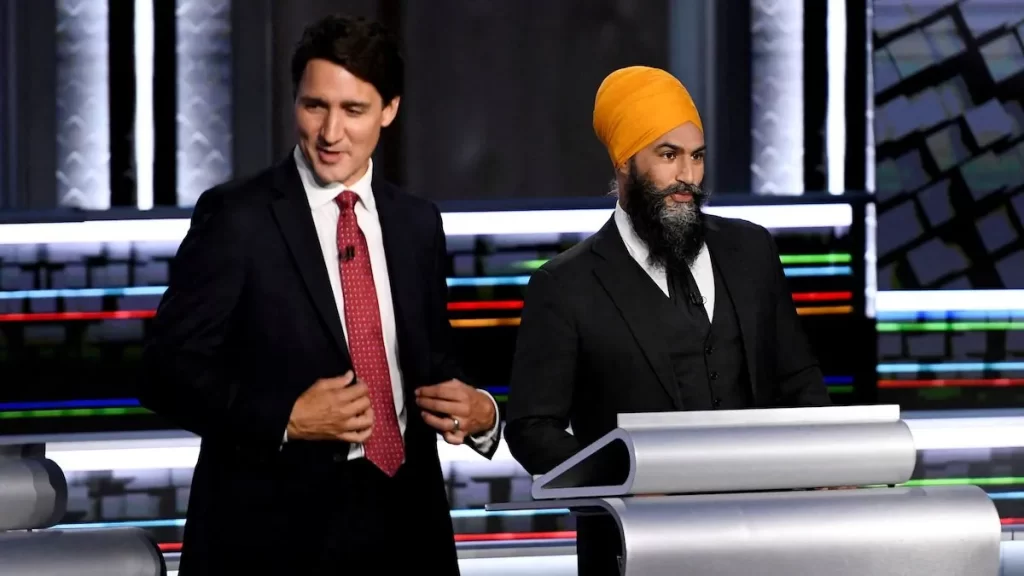
Singh’s statement comes after the NDP ended its 2022 agreement to automatically back Trudeau, forcing the Prime Minister to seek new alliances to maintain power until the mandated federal vote in October 2025. The NDP leader cited the achievement of many of the party’s social spending goals as a reason for terminating the agreement.
“I’ve ripped up the agreement with Justin Trudeau, and I know that means that an election is now more likely as a result. We are ready to fight an election whenever it happens,” Singh told reporters in Toronto. He also expressed dissatisfaction with the Liberal government’s recent decision to force railway employees back to work, calling it “a horrible decision.”

The political landscape in Canada has shifted significantly, with polls indicating that Trudeau’s Liberals would face a substantial defeat if an election were held now. The official opposition Conservative Party, led by Pierre Poilievre, has gained considerable ground, benefiting from increasing voter fatigue with Trudeau, who first took office in November 2015, and growing discontent over high prices and a housing shortage.
Trudeau’s position was further weakened on Thursday when his close aide Jeremy Broadhurst, who was set to run the Liberals’ election campaign, announced his resignation. While Broadhurst cited family reasons for his departure, sources quoted by the Toronto Star suggested he doubted Trudeau’s ability to secure another victory.
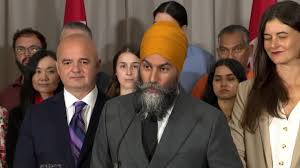
An Ekos poll released on August 21 placed the Conservatives at 38.2% public support, a level that could secure a majority government given the vote-splitting among left-of-center parties. The Liberals trailed at 23.7%, with the NDP at 18.2%.
Despite the increased likelihood of an early election, Trudeau’s government remains safe for now. It can only be defeated if opposition parties unite in a no-confidence vote. Singh has not committed to voting against Trudeau, stating that his party would decide on an issue-by-issue basis.
The NDP faces a strategic dilemma in the coming months. Supporting or abstaining from a confidence vote could allow the Conservatives to portray Singh as weak, while voting to bring down Trudeau could trigger an election at a time when polls show weak support for the NDP.
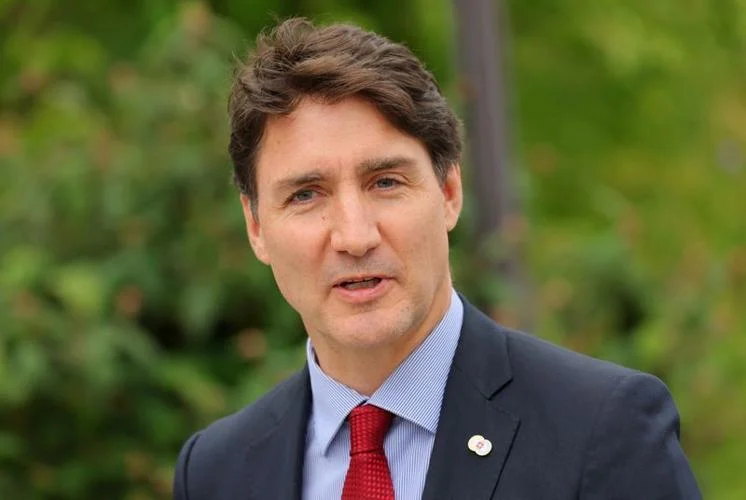
Shachi Kurl, president of the Angus Reid polling firm, noted that voters were not crediting the NDP for increased social program spending, and the party was suffering from its close association with Trudeau. “Unless you start to see somehow the NDP surging, is it really in the party’s interests, or in Jagmeet Singh’s interests, to trigger an election?” Kurl questioned.
A senior Liberal party official, speaking anonymously, stated that the party was not planning to engineer an early election and aimed to remain in power until October 2025. Trudeau himself dismissed talk of an early election on Wednesday.
As Canada’s political landscape continues to evolve, all eyes will be on the interactions between the major parties and any potential moves towards a no-confidence vote or early election call.

